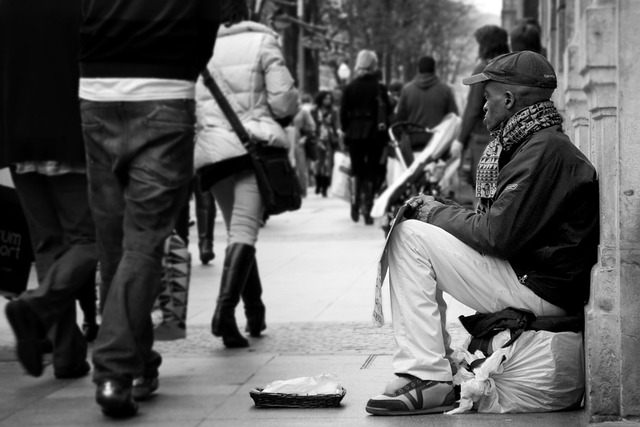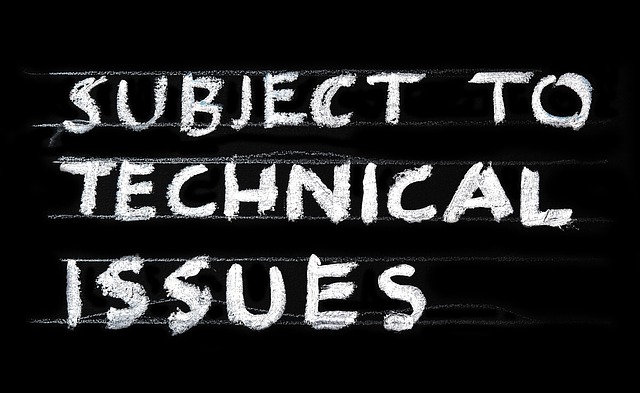Navigating the Ethics of Climate Change: A Closer Look at Environmental Responsibility
The weight of our collective existence feels particularly heavy as we face the stark realities of climate change. Every year, the Earth sends us signals—rising temperatures, shifting weather patterns, and increasingly devastating natural disasters—that call on us to reflect not only on our environmental choices but also our ethical obligations to the planet and future generations.
At the heart of the climate crisis lies a fundamental question of ethics: What responsibilities do we hold as individuals, communities, and nations in the face of a warming world? It’s a query that challenges us to examine more than just our personal habits; it nudges us to consider societal norms, economic systems, and the intricate relationships we maintain with our environment.
The environment is not merely a backdrop for our lives; it is the very foundation that supports our existence. From the air we breathe to the water we drink, our survival is intricately tied to the health of the natural world. Yet, how often do we reflect on the moral implications of our daily choices—whether it’s the products we consume, the energy sources we utilize, or the policies we support? As the climate crisis worsens, the urgency to adopt an ethical stance on our environmental impacts intensifies.
Climate change is not solely a scientific or economic challenge; it is a deeply ethical one that raises questions about justice, equity, and responsibility. Marginalized communities often bear the brunt of environmental degradation, disproportionately suffering from the consequences of pollution, resource depletion, and climate-induced displacement. This reality urges us to advocate for a more equitable distribution of the burdens and benefits associated with environmental resources.
Moreover, as we strive for personal and collective responsibility in addressing climate change, the framework of ecological ethics comes into play. This perspective compels us to extend our circle of moral consideration to all living beings, recognizing the intrinsic value of nature beyond mere human utility. As we navigate this ethical landscape, we must grapple with questions like: How do we balance our needs against the needs of the ecosystem? What does it mean to be a good steward of the Earth?
As part of this ethical exploration, it’s essential to engage in dialogue about sustainable practices and systemic change. From supporting renewable energy initiatives to reducing waste and preserving biodiversity, realigning our actions with our values is critical. It’s about moving from awareness to tangible action and fostering a culture of responsibility towards our shared environment.
In summary, the struggle against climate change is an ethical journey that calls us to reflect deeply on our choices and their impact. By embracing our role as stewards of the Earth, we not only honor the planet that sustains us but also pave the way for a more just and sustainable future for all.




